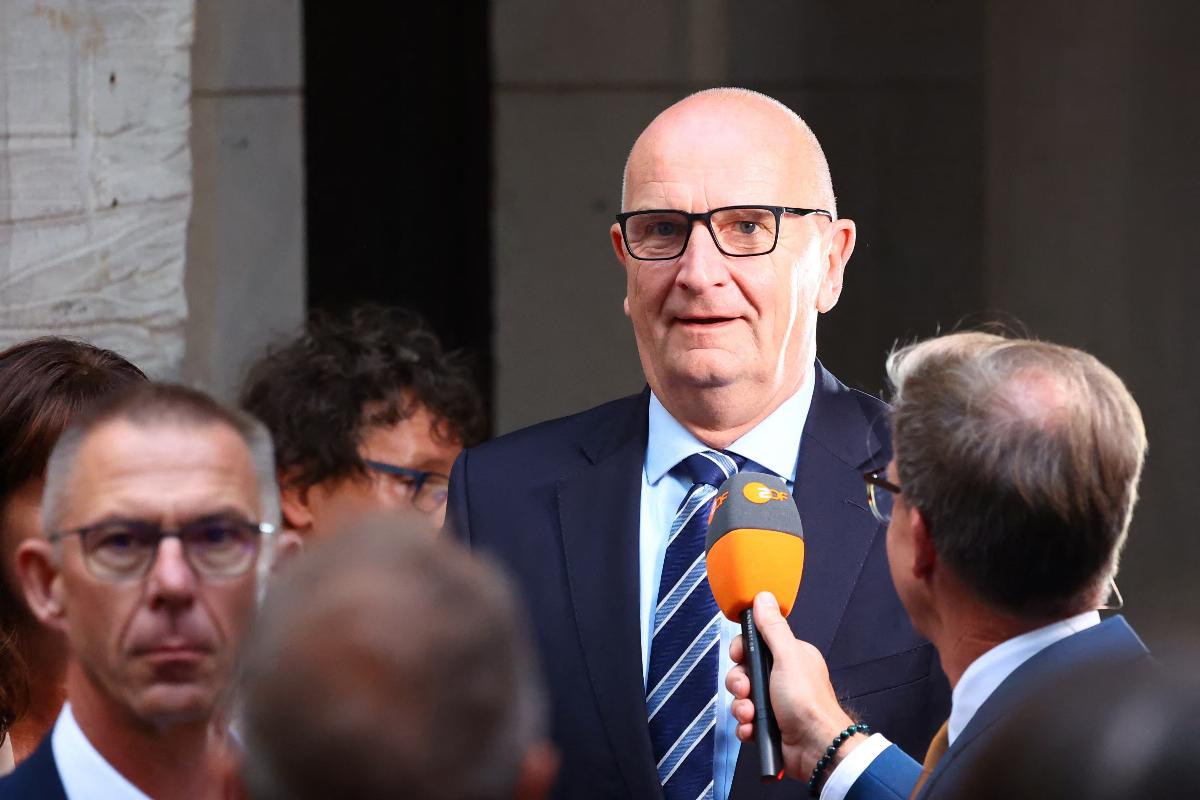
SPD narrowly wins Brandenburg election amid rising AfD influence and coalition uncertainties
In Brandenburg's recent election, Chancellor Olaf Scholz's Social Democrats (SPD) won narrowly with 30.9% of the vote, closely followed by the far-right Alternative for Germany (AfD) at 29.2%. The AfD’s rise, especially in eastern Germany, has become a focal point in national politics. The party is classified as a "suspected far-right extremist organization" by Germany's constitutional court.
The election marked the third consecutive loss for the Green Party and Free Democrats (FDP), both failing to meet the 5% threshold for parliamentary representation. The FDP's poor results, including less than 1% in Brandenburg, have raised questions about its future in the federal coalition. Internal tensions within Germany's "traffic light" coalition—comprising the SPD, Greens, and FDP—have also been highlighted, with some FDP members expressing concerns about the coalition's longevity.
With federal elections approaching in 2025, Chancellor Scholz’s leadership remains under scrutiny. SPD co-chair Lars Klingbeil has expressed support for Scholz as the party's candidate, calling for progress on key national issues like pensions, budgets, and asylum. In Brandenburg, Dietmar Woidke, the SPD state premier, distanced himself from the federal government during the campaign, which helped secure his victory.
While the SPD's win in Brandenburg provides some relief, the federal coalition continues to face challenges amid public dissatisfaction and internal divisions.
Stichworte







